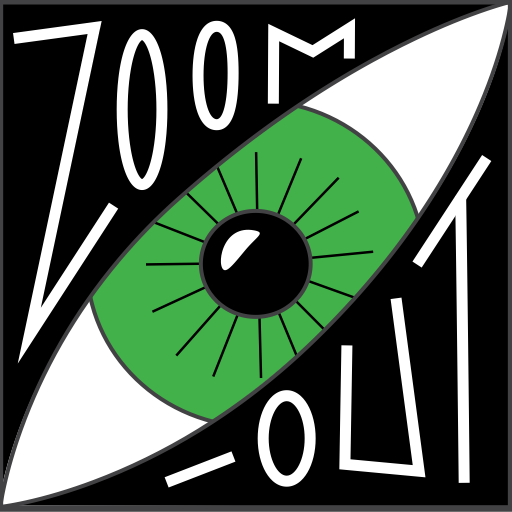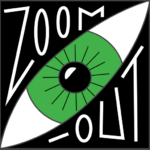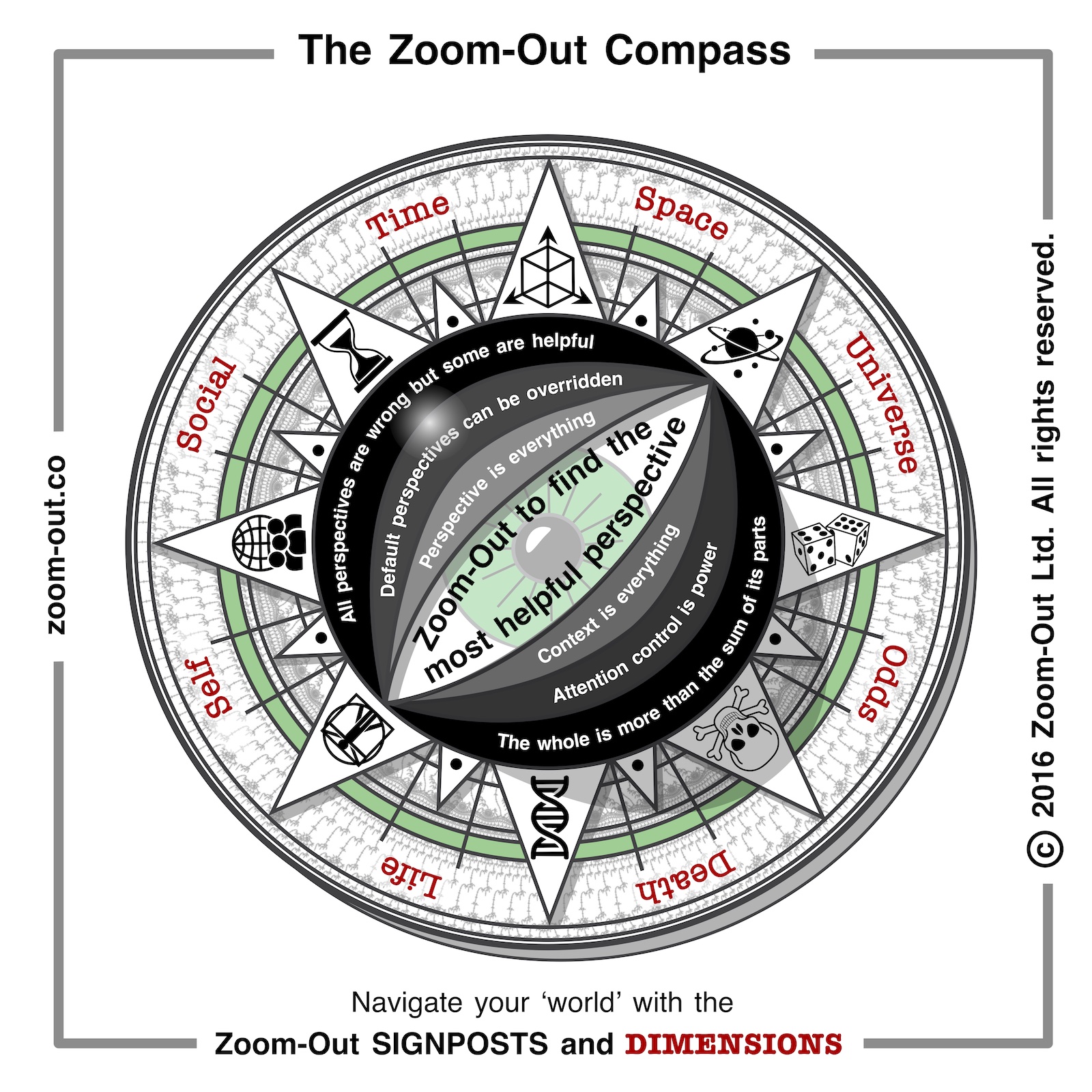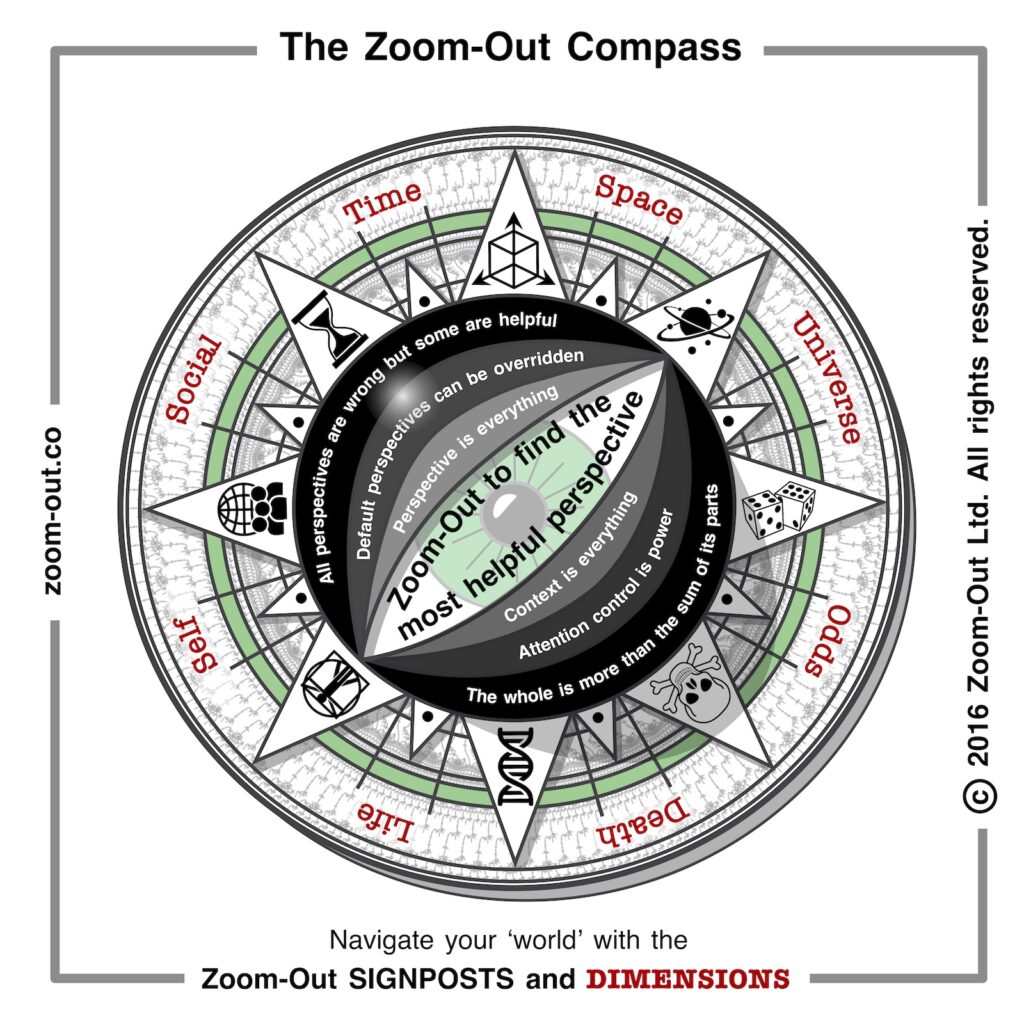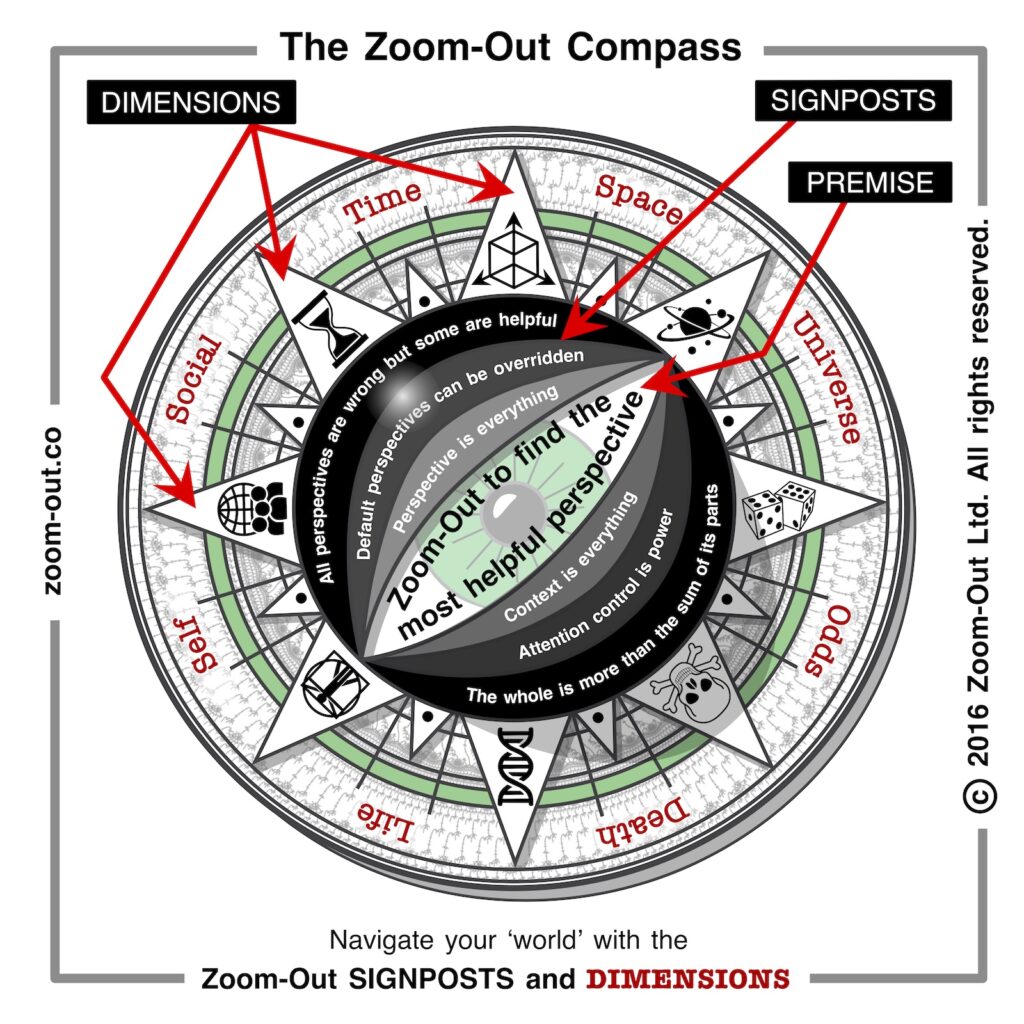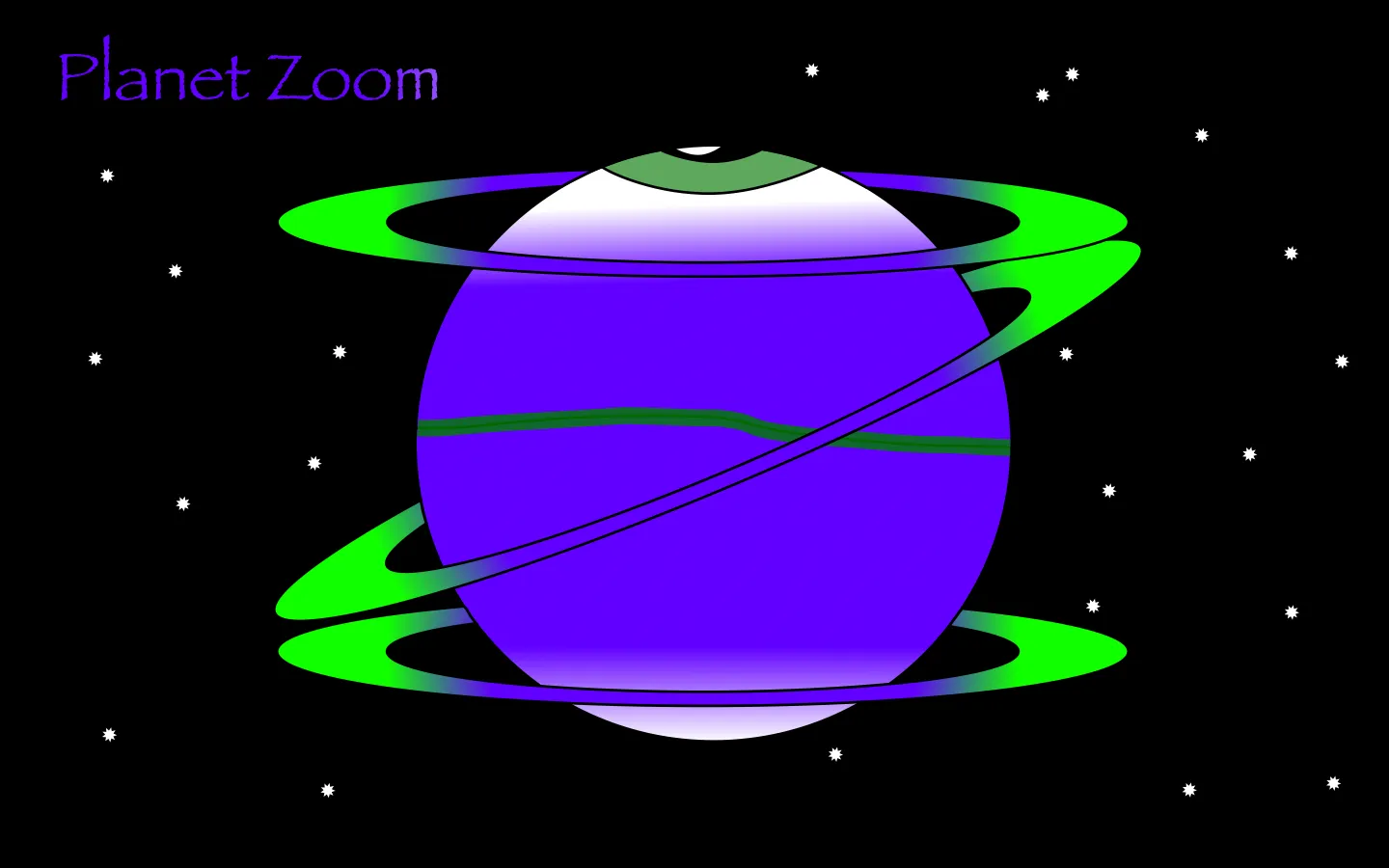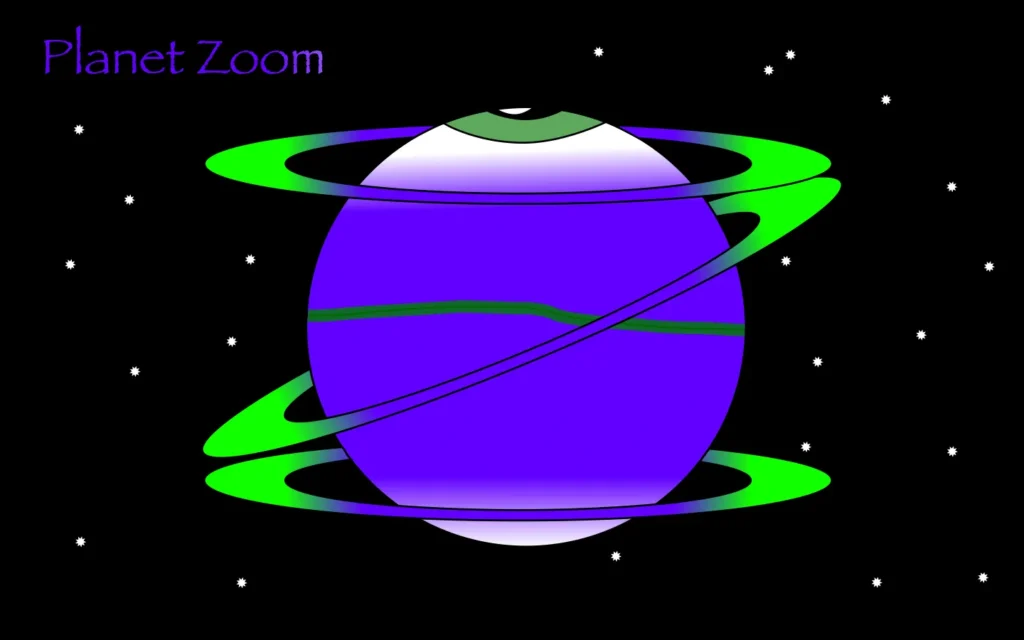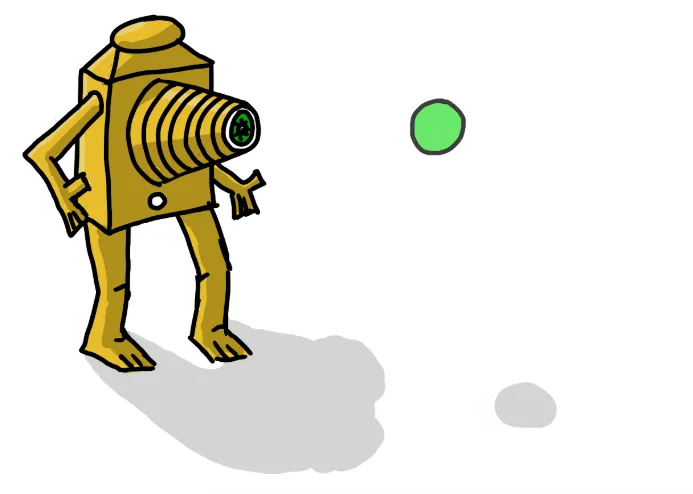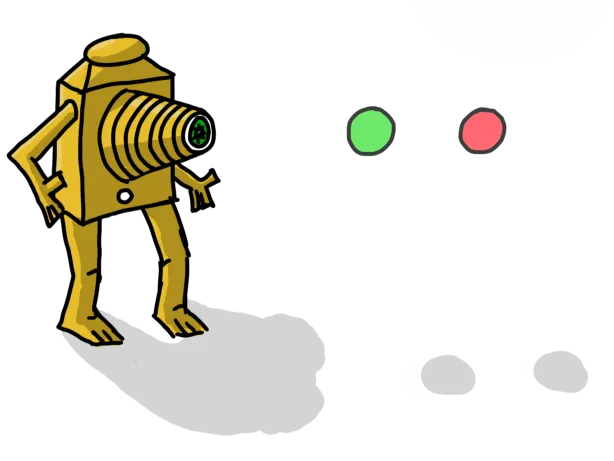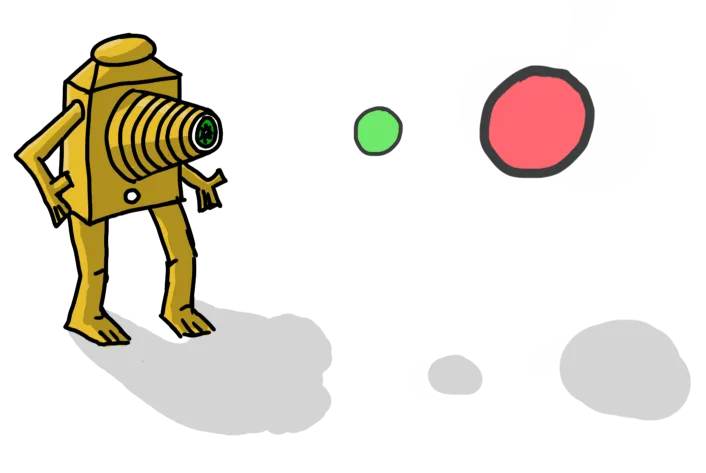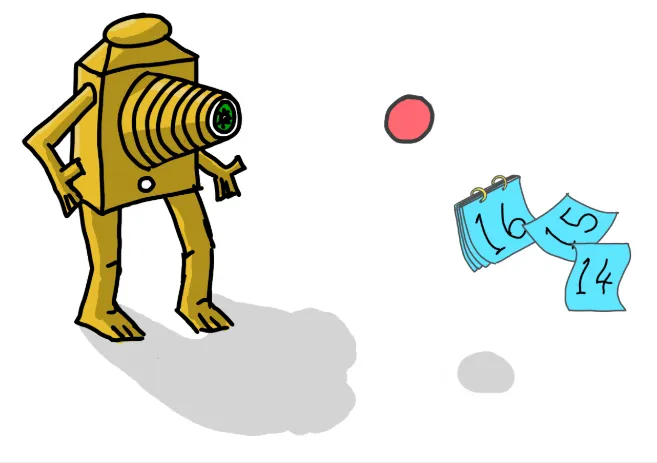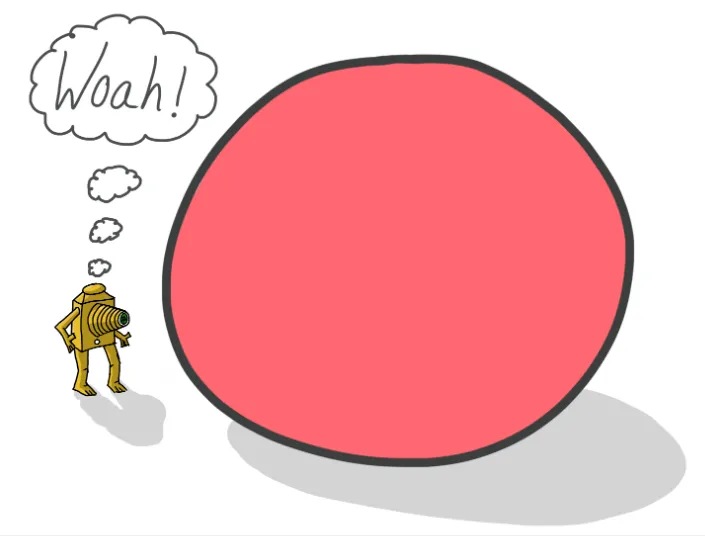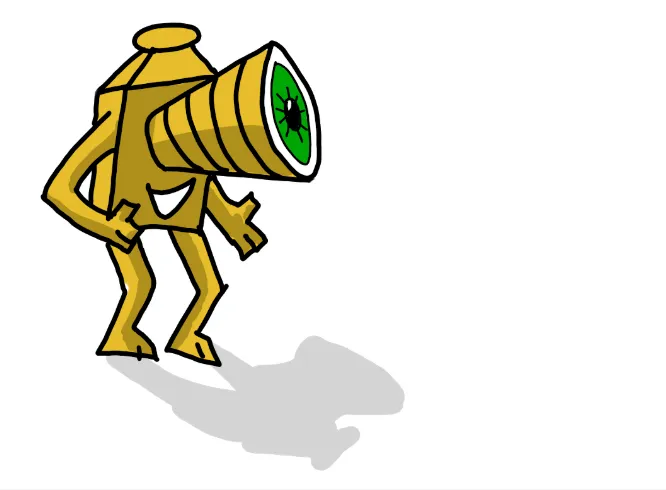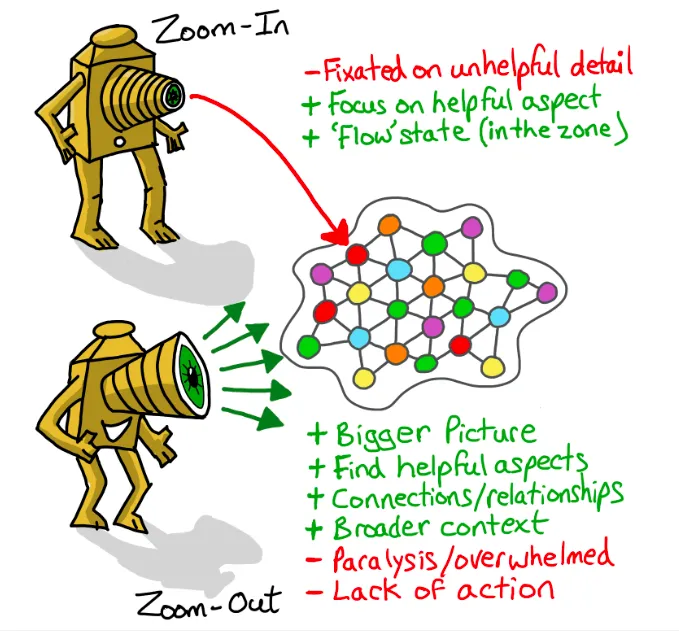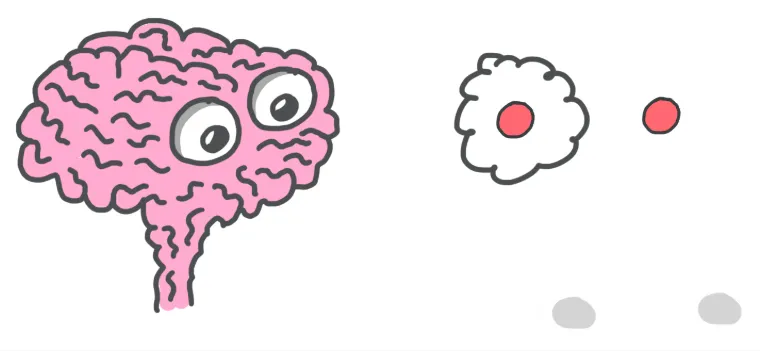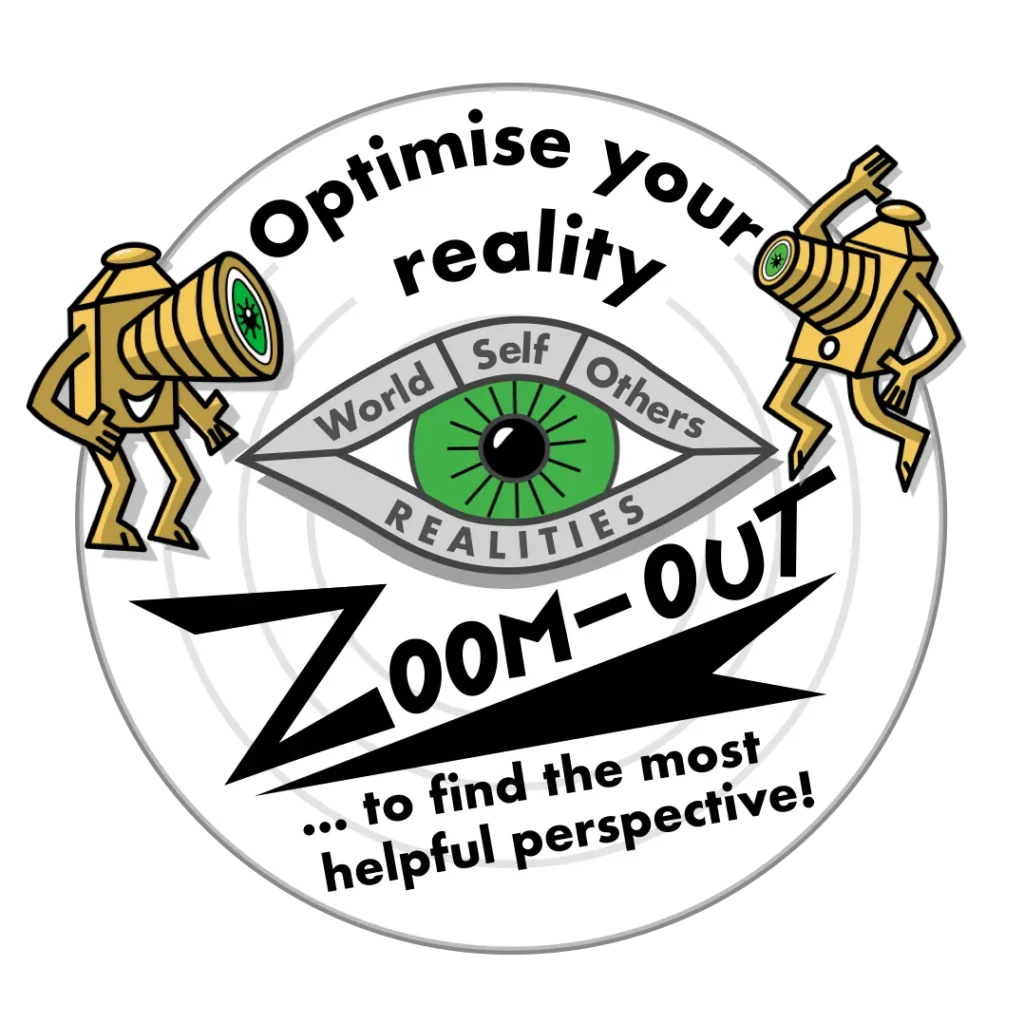
Let’s go on a journey to the heart of what it means to be human. Let’s consider the way many people live out their lives.
Many people spend their entire life… interpreting opinions as facts.
Many people spend their entire life… interpreting what they witness, as being the reality.
Many people spend their entire life… assuming that there is only a single reality.
Many people spend their entire life… believing that everyone witnesses the same reality.
Many people spend their entire life… being powerless victims to their reality.
They may never realise that they live in a ‘Matrix’ partly of their own making. That they can be ‘Neo’ and alter their own reality for the benefit of themselves and those around them (indirectly).
What if… they had a “crowbar to prise open the cracks of reality”?
What if… they had in their hands a “hacksaw blade to cut through the bars of their mental prison?”
What if… they understood and practised the most fundamental of all the Zoom-Out PRINCIPLES:
“All perspectives are wrong but some are helpful.” — Zoom-Out Signpost
The structure of this phrase may look familiar. You might spot that this is an adaptation of:
“All models are wrong but some are useful” — George Box, Statistician
After all, a perspective is simply a mental model. One constructed by our senses and brain. In other words, your reality is a model constructed inside your consciousness.
Let’s take a closer look at the George Box quote courtesy of Wikipedia:
“Burnham & Anderson, in their much-cited book on model selection,[7] state the following (§1.2.5).
A model is a simplification or approximation of reality and hence will not reflect all of reality. … Box noted that “all models are wrong, but some are useful.” While a model can never be “truth,” a model might be ranked from very useful, to useful, to somewhat useful to, finally, essentially useless.”
If you replace the word “useful” with “helpful” and recognise that all the perspectives we hold are essentially mental models then you can see how this inspired my own adaptation, or perspective, on this famous quote.
It’s dangerous territory when we rigidly stick to a perspective because we think:
(a) it is correct
(b) it is the only correct perspective.
Instead, if we see that any perspective we hold is an approximation and one of many, many approximations then we have more mental flexibility and choice. We free ourselves from the mental shackles of our default and only perspective. As many people say, happiness is a choice, and this choice about our point of view is a key contributing factor. In this regard, we can certainly choose to abandon ‘unhelpful’ perspectives and seek out and adopt more ‘helpful’ ones that boost our own well-being and the well-being of those around us.
Let’s consider perhaps the most profound erroneous perspective of all and one that we all share at least to some degree.

The perspective is this:
“I am the centre of the universe.”
Our subjective experience plants us firmly at the centre of the universe. It physically envelops us. We view the universe from our point in space and time and it appears to physically and metaphysically ‘revolve around us’.
Of course, we cannot all be right. Indeed, we are all wrong. Every single one of us.
What’s more, the more we lead our lives in the mode of “I am the centre of the universe.” the more suffering we are likely to encounter. Why? Because we set up an expectation that we are special. That people and physical matter will comply with our wishes just because we are “me”. We expect life to be fair to us, perhaps more than fair. The odds are tipped in our favour. We get upset when other people appear to put their needs ahead of ours! How dare they! How dare someone inconvenience me!
If instead, we live our lives without this self-centred, universally-centred perspective, we open our eyes and hearts to the plight of our fellow humans that are all living out their lives just like you. They want to be happy. They experience suffering. We can all help each other if we stop thinking we are the ‘special one’. In a counter-intuitive way, the world is now a more humble and satisfying place. We are all in the same boat. We are all special. Everything is special. Life is not fair but we can choose to redress the balance in whatever way we can. Instead of despising the person that stands on our foot; is ahead of us in a queue; is holding you up at the till with their slow behaviour; gets ahead of us on the motorway in their car; or gets that job promotion we wanted; we can see that they are living their lives the best way they can, just like us. By opening our eyes to our non-uniqueness we also open our eyes to the diversity of life and are more tolerant to behaviours we perhaps at first do not recognise in ourselves.
If we can get this perspective so wrong, what other perspectives do we hold that are just plain wrong?
The answer of course is…
All of them.
But as I said, some perspectives are more helpful to us and our fellow humans than others.
Need some more convincing?
Let’s try a couple of thought experiments:
A) If 100 people witness the same event, each of those people will have a different perspective and indeed a different experience. Whether subtly or dramatically so. All of the perspectives cannot be the real truth. If one of them is the truth, which one?
B) Depending on the day of the week, time of day, your mood, what you ate for lunch, etc, you will construct a different perspective faced with the same event. Therefore “perspective NOT EQUAL TO event”.
Since all perspectives are wrong then my perspective about this is surely wrong. Which of course it is.
But it is, however, incredibly helpful if you want to lead a more effective, resilient and fulfilling life!
